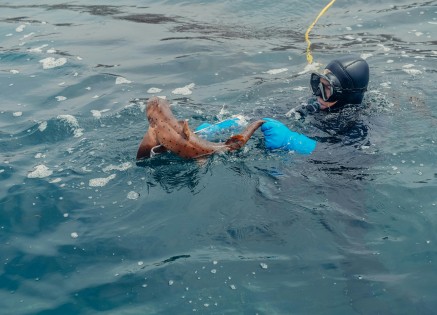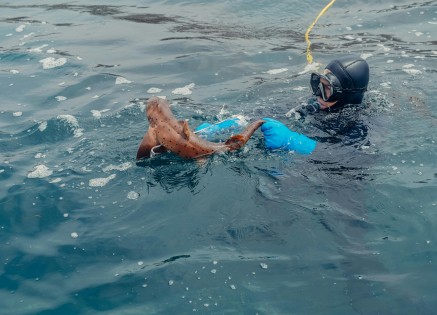Copyright © 2025 lmitac.com All Rights Reserved. Contact - Terms and Conditions - Privacy Policy - Quality Policy - Become an instructor - Vacancies - Sitemap
London Maritime Academy is a trade name for London Premier Groupversion: 2.9.0
London Maritime Academy is a trade name for London Premier Group

2/18/2025, 9:15:05 PM
In April 2025, in Geneva, the Special Tripartite Committee of the Maritime Labour Convention (MLC) will examine work-rest rules for seafarers, according to the International Labour Organisation (ILO).
After a thorough investigation found that seafarers frequently disregard required rest intervals and work significantly more than the worldwide average, the decision was taken.
The World Maritime University (WMU) polled 9,000 seafarers in 2022 and found that maritime workers work an average of 11.5 hours daily, resulting in a 74.9-hour workweek, significantly more than the ILO's 2018 global average of 43 hours per week.
In defiance of international standards, 28.1% of sailors acknowledged that they did not get the recommended 10 hours of sleep each day. Additionally, the survey revealed that the average person only slept for seven hours per day, which raises grave issues regarding weariness.
In stark contrast to the spirit of the Maritime Labour Convention, 78% of seafarers reported not receiving a full day off during their whole contract duration.
Likewise, 88.3% of those surveyed admitted to reviewing their work/rest limitations at least once a month, with 16.5% going over them 10 times each month.
Port state control reports show high adherence to work/rest restrictions, however, WMU research suggests seafarers often underreport hours to avoid fines or reprisals from employers, contradicting the policy's true narrative.
Maritime Safety Courses in London address topics such as personal survival, firefighting, first aid, and security awareness. These courses are part of the Standards for Training, Certification, and Watchkeeping for Seafarers (STCW).
Experts in the marine sector claim that flag states grant manning certifications with low crew requirements, allowing shipowners to run their boats with fewer employees, which results in exorbitant workloads.
According to a concept being discussed, a safe online log system run by flag nations would allow seafarers to secretly document their real working hours without worrying about consequences.


Through the MLC and the Seafarers’ Training, Certification, and Watchkeeping Code (STCW), the International Maritime Organisation (IMO) and the ILO have established explicit work-rest guidelines:
Still, there is a lack of compliance. Maritime fatalities have been connected to crew weariness in several accident reports throughout the years.
Industry experts, including Steven Jones, creator of the Seafarers Happiness Index, have raised concerns about this topic.
He stated that seafarers face chronic underreporting and fear of penalties due to a lack of precise data on real working hours, as they must choose between reporting overwork honestly and risking penalties or altering records to avoid difficulties.
The April 2025 MLC summit in Geneva will cover the following topics in addition to work/rest regulations:
Meantime, industry leaders from BIMCO, the International Chamber of Shipping (ICS), INTERTANKO, and INTERCARGO, convened in Athens on 6 February to talk about important marine issues, such as geopolitical concerns and greenhouse gas reduction.
Ultimately, seafarers are concerned about unfair legal treatment and criminalisation of sailors, with 87.6% stating a mismatch between crewing numbers and job needs. The ILO's review of legislation could lead to stricter implementation of marine labour laws, improving working conditions for seafarers worldwide.
Read more news: